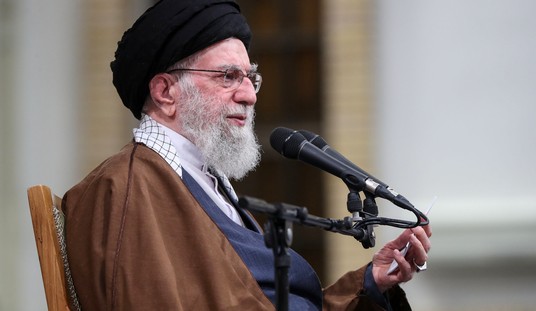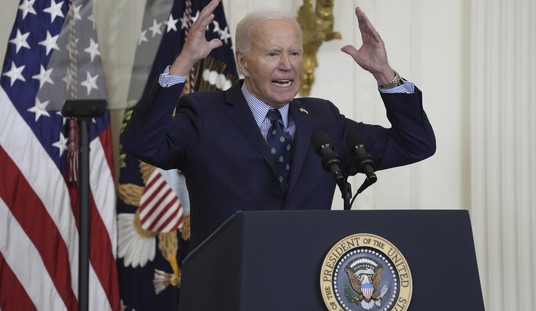The Congress has sent a new sanctions bill to the White House for President Trump’s signature. The bill targets three nations: Russia, Iran, and North Korea.
North Korea. The bill expands in a major way the ability of the US government to impose sanctions on entities that deal with North Korea, even at arm’s length. For instance, the company that insures a Panamanian-registered cargo ship that is known, or suspected, to be owned or controlled by the North Korean government is now subject to sanctions. A company that purchases minerals that are suspected of being mined in North Korea is subject to sanctions.
Iran. The bill imposes additional sanctions in regards to Iran’s ballistic missile program and its trafficking of arms to Africa and the Middle East. It hits the Islamic Revolutionary Guard Corps (IRGC) leadership with enhanced sanctions and it targets known human rights abusers…which should take in about 60% of adult Iranians if carried to its logical conclusion.
Russia. Of course, this is the hottest ticket in town. As I posted over a month ago, it sets up a system that requires Congress to be notified of any changes in sanctions on Russia. While this has been billed as giving Congress the ability to prevent Trump granting sanctions relief to Russia, in reality, it does nothing of the sort. Any Congressional disapproval has to be signed into law by Trump. Trump can veto any such bill and then it would be up to Congress to override that veto. That isn’t happening in the real world.
Once it became apparent that sanctions were going to pass–and I’m not sure who, outside the click-bait media, thought that Trump would veto this bill in the current political climate–the subjects retaliated.
North Korea hastily staged the launch of an ICBM that has the range to strike the East Coast of the United States.
Iran staged what was billed as a satellite launch:
Nader Karimi Joni, a journalist close to the government of Iran’s president, Hassan Rouhani, said Thursday’s launch was a reaction to the House of Representatives’ vote on Tuesday approving a new round of sanctions against Iran.
Russia ordered the US Embassy presence reduced to the same size as Russia’s in the United States:
The ministry said the United States had until Sept. 1 to reduce its diplomatic staff in Russia to 455 people, the number of Russian diplomats left in the United States after Washington expelled 35 Russians in December.
This, according to the numbers floating around the media, means that some 700 US diplomats and support staff will be ordered home. In addition, two properties owned by the US embassy were seized by the Russian government.
What is interesting to note here is that the three nations seem to have coordinated their response to the sanctions resolution.













Join the conversation as a VIP Member